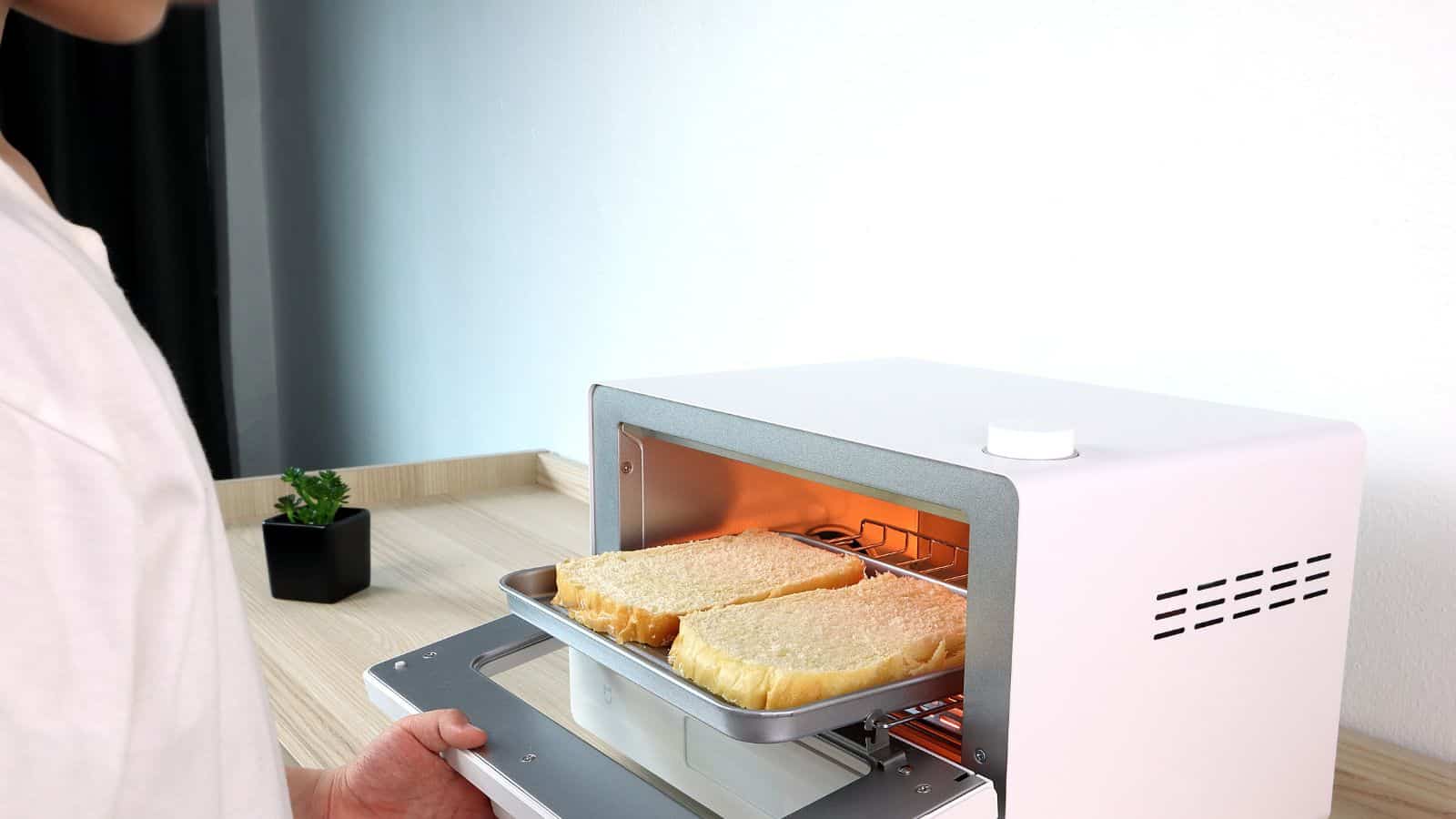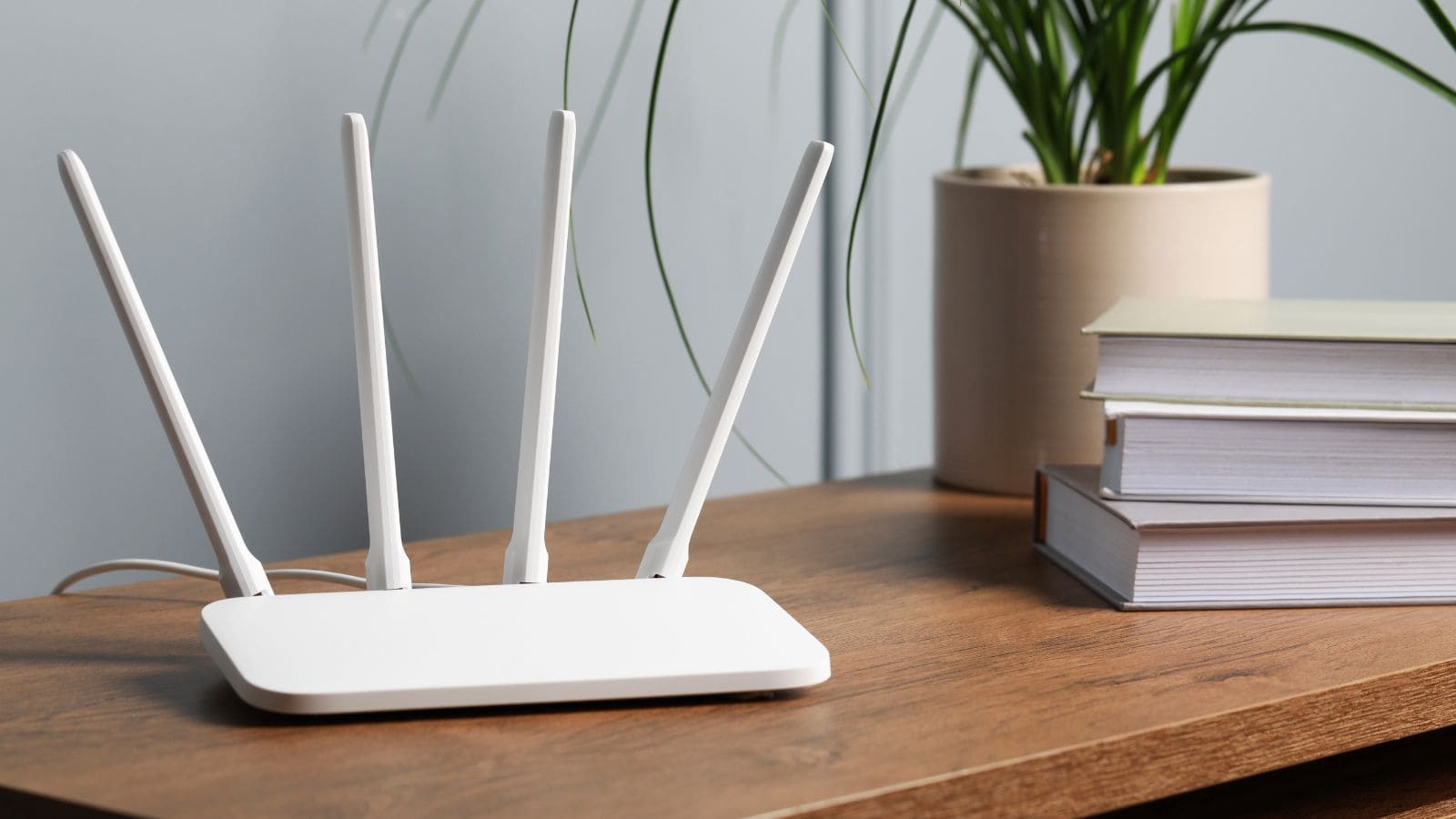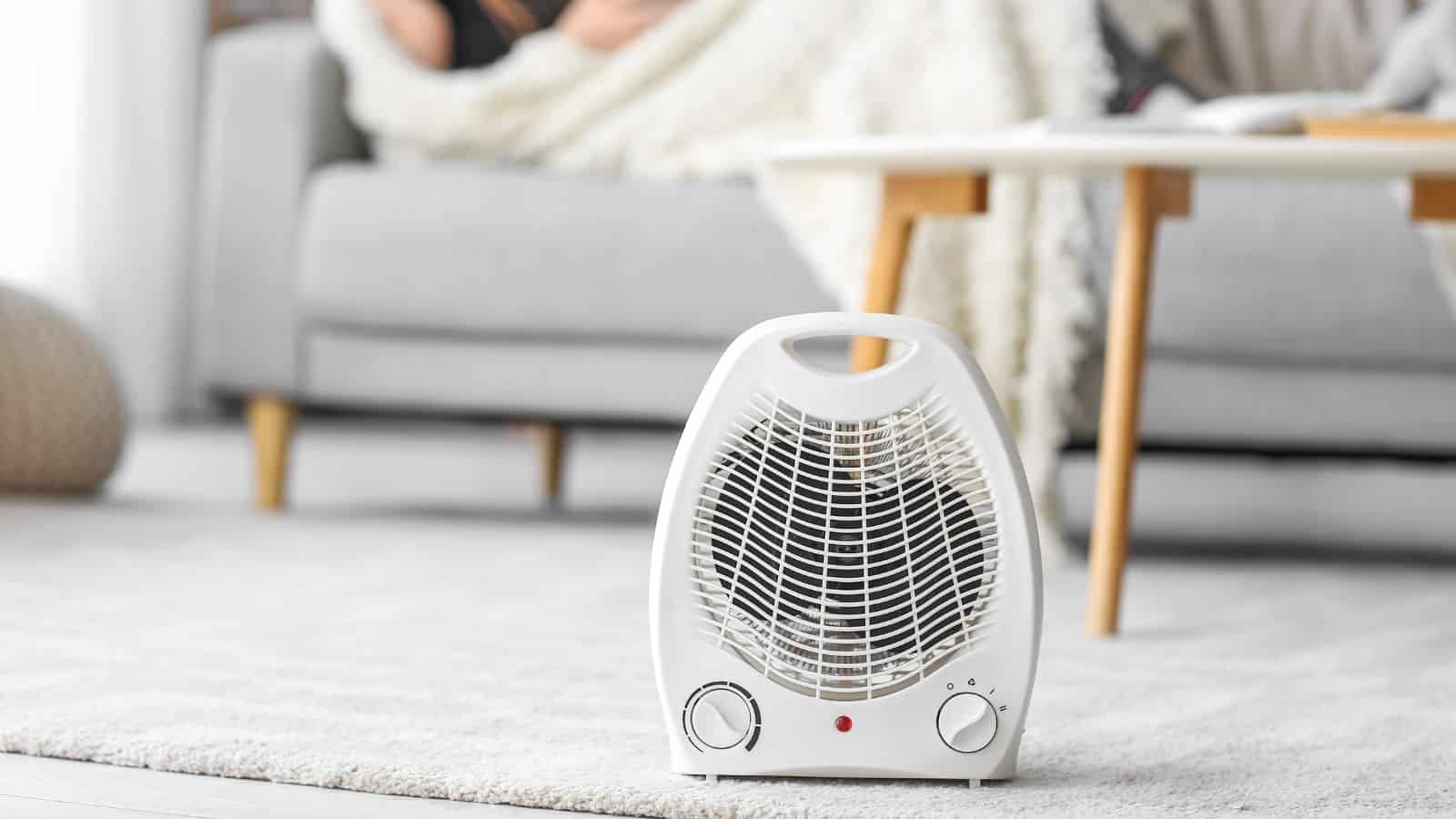If you’re looking to reduce your household expenses, then understanding which devices inflate your electricity bill is essential. You may not expect it, but there are certain everyday devices that consume way more energy than people think. This article shares 18 common gadgets that can significantly impact your electricity costs.
HVAC Systems

Let’s start off with a big one—heating, ventilation, and air conditioning systems are responsible for a significant portion of home energy use, especially in extreme weather. Not using your system may be unavoidable, however, so the best way to reduce your bill is with regular maintenance and smart thermostats.
Water Heaters

Water heaters also tend to steadily spike people’s electric bills as they’re constantly running to maintain the hot water supply, especially if they’re set above the necessary temperature. It’s best to lower your thermostat setting to 120 degrees Fahrenheit to save energy and insulate your water heater to reduce heat loss.
Refrigerators

According to Energy Sage, “On average, a refrigerator uses 300 to 800 watts of electricity.” Of course, this is a necessary device that you can’t just switch off to save money, but it’s important to know that older models are less energy-efficient. A new fridge can save you money in the long run, if it has proper maintenance.
Clothes Dryers

Did you know that clothes dryers are one of the heaviest consumers of household energy? With that said, you should do what you can to reduce drying time, such as using dryer balls and cleaning the lint filter after each cycle. Whenever possible, you could also air-dry clothes to save energy.
Ovens

Large appliances like ovens naturally consume substantial electricity, especially during prolonged use. If you want to cut down, we suggest you use a microwave or toaster oven for smaller meals to save energy and keep your oven doors closed during use to prevent heat escape and longer cooking times.
Dishwashers

There’s no denying that dishwashers can be extremely handy, but they do use both a significant amount of electricity and hot water. Be sure to only run them when fully loaded and use energy-saving cycles where possible. You could also opt to air-dry dishes instead of using the heat-dry setting.
Lighting

Different forms of lighting like lamps can also increase your electric bill. “Higher energy light bulbs, such as incandescent and halogen, are being phased out. However, you may still have some of them working in your home,” as per Ideal Home. Consider a switch to LEDs, which use at least 75% less energy.
Desktop Computers

Many people leave their desktop computers on continuously, which ends up consuming a lot of energy. Try to remember to switch them off completely or set them to sleep mode when not in use. You can also plug the computer into a smart power strip to easily cut power when not needed.
Televisions

Older, larger television models are particularly energy-intensive. If you don’t want to spend on a newer, more energy-efficient TV, what you can do to reduce your bills is make sure to turn your television off when not in use and consider energy-saving settings. Unplug or use a smart power strip for setups with multiple components.
Washing Machines

Washing machines are essential appliances, but they do use a lot of water and energy, especially if you’re using them regularly. To save money, we recommend using cold water settings and only washing full loads. You could also consider upgrading to an Energy Star-rated model.
Video Game Consoles

In the words of BC Hydro, “Gaming consoles might be small but they can be power-hungry players.” They really do consume a lot of power, especially if you always leave them in standby mode. Unplug or use a smart power strip to avoid “vampire” energy drain.
Set-top Boxes and DVRs

These devices constantly drain energy, even when not actively in use. If you want to cut down on your electricity bills, unplug or connect them to a smart power strip to turn them off completely. You could also consider if the device is actually necessary or if streaming alternatives can suffice.
Modems and Routers

Modems and routers run continuously to provide you and your home with internet access. So, naturally, they consume quite a bit of energy. Why not turn off or unplug them during extended periods of non-use, like overnight or when on a trip? It’s also a good idea to use timers or smart plugs to control usage.
Microwave Ovens

You may not use your microwave for more than a few minutes at a time, but in this short time period, these devices use a lot of energy. Of course, they’re super convenient but try to use them for only short, efficient cooking and keep them well-maintained to ensure efficient operation.
Coffee Makers

This one may surprise a lot of people, but coffee makers also consume quite a lot of power and contribute to higher bills, especially those with heating elements that keep coffee warm. If you want to avoid this, turn off the machine immediately after brewing or consider manual methods like a French press that doesn’t use electricity.
Space Heaters

CNET states that “space heaters cost about 20 cents per hour to operate, give or take, which is a whole lot cheaper than central heat for a home.” However, this doesn’t mean that these heaters don’t still use a lot of energy. Only use them when necessary and opt for models with thermostats if possible.
Aquariums

Do you keep fish at home? Aquariums are beautiful, but they do require constant energy usage to keep heaters, filters, and lights running at all times. The best thing you can do to save here is to use timers and ensure the efficient operation of each component by making sure they’re well maintained.
Air Purifiers

Air purifiers are a great help to many people, but if you’ve got one running continuously to clean the air, then you can bet it’s consuming significant energy. Try to use it only when necessary, and turn it off when rooms are unoccupied. You can also regularly clean and maintain filters to ensure they’re running as efficiently as possible.
